FACULTY
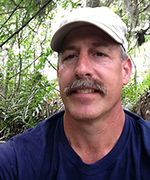
Mark Clark
Associate Professor
Wetland nutrient assimilation and storage processes, vegetative succession dynamics, wetland macrophyte ecophysiology, and ecological engineering design using wetland processes to improve water quality and enhance ecological function of altered landscapes. More info.
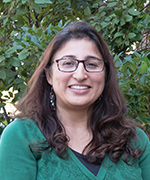
Kanika Sharma Inglett
Research Assistant Professor
Studying the effect of vegetation on decomposition of organic matter and greenhouse gas production and oxidation. Characterization of microbial communities associated with the early development of soils in a calcareous wetland soil using phospholipids fatty acid analysis. Biogeochemical succession in early development of soils using nutrient and soil enzyme analysis. More info
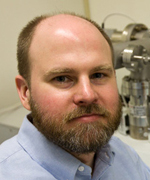
Patrick Inglett
Associate Professor
Research and teaching related to biogeochemical processes in subtropical ecosystems. Emphasis on coupling of C, N and P cycles. Traditional physicochemical analysis combined with novel enzyme and microscopy, and enrichment and natural abundance level isotopic methods.More info.
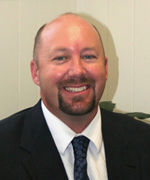
Todd Z. Osborne
Assistant Professor
Biogeochemical cycling of organic carbon and other nutrients in wetland soils and aquatic ecosystems; role of organic matter as driver and modulator of wetland ecosystem functions; role of aquatic vegetation in DOM/POM/nutrient dynamics, soil accretion; fire ecology of wetlands and impacts to biogeochemical cycles and ecosystem responses, soil subsidence; soil biogeochemical processes associated with coastal forest retreat and development of salt marsh ecosystems; wetland soils as natural water quality treatment systems. More info.
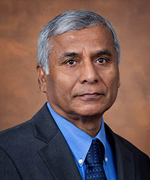
K.R. Reddy
Graduate Research Professor and DE Coordinator
Conducts basic and applied research on biogeochemical cycling of nutrients/contaminants. Investigates coupled biogeochemical cycles in natural ecosystems, e.g. wetlands, shallow lakes, estuaries, springs, and constructed wetlands, as related to water quality, carbon sequestration, and climate change.Develops biogeochemical indicators to evaluate changes in ecosystem functions in wetlands and aquatic systems. More info.
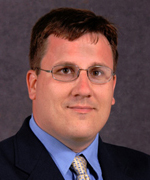
Alan Wright
Professor
Wetland biogeochemical processes, carbon sequestration, soil organic matter and nutrient dynamics, and land management impacts on soil and water quality in agricultural, wetland, and urban systems. More info.
ASSOCIATE FACULTY
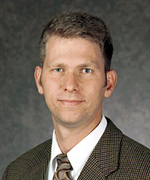
James Jawitz
Professor
Emphasis on minimizing human impacts on natural hydrologic ecosystems, including watersheds, wetlands, and aquifers. Develops techniques for characterization and remediation of contaminated soil and groundwater. More info

Sue Newman
Courtesy Assistant Professor
Conducts research to examine the effects of nutrients and hydrology on the ecology of Everglades marshes and tree islands. Sue’s current research includes the cattail habitat improvement project (CHIP), a large-scale field experiment designed to examine how creating openings in the dense vegetation of enriched and moderately areas of the Everglades will result in increased ecological structure and function. More info.
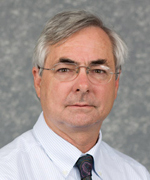
Andy Ogram
Professor
Studies the adaptation of microbial communities to human impacts, including shifts in microbial community structure in upland and wetland soils. Research interests also include the molecular evolution xenobiotic-degrading genes and mobile DNA elements in soil bacteria. More info.
